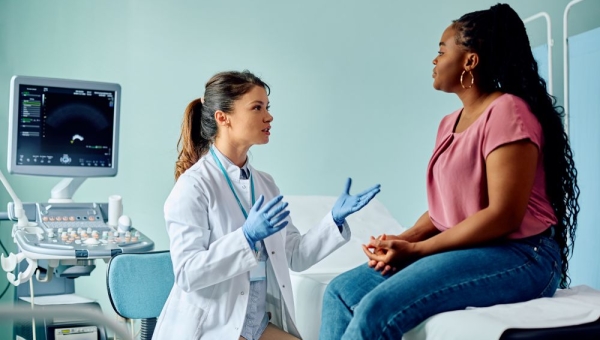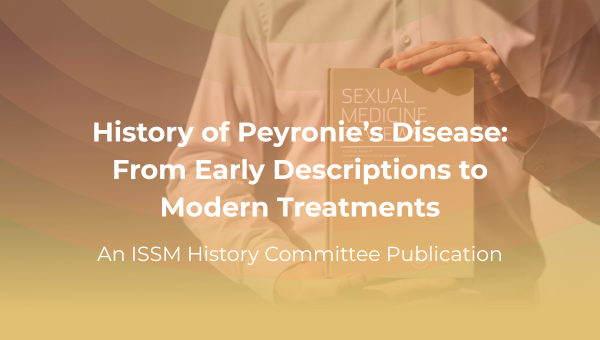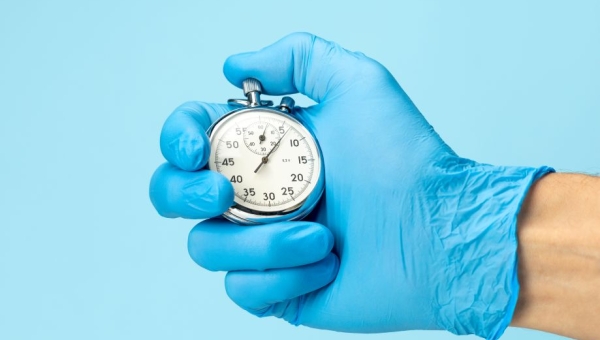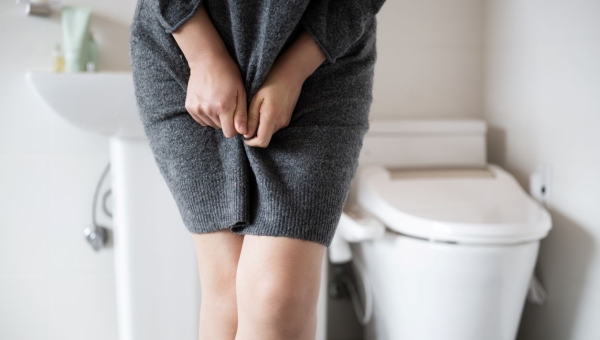
All News
Upcoming Events
In this ISSM Podcast episode, clinical psychologist and sexologist Marieke Dewitte explores the complex impact of sexual abuse on survivors’ bodies, relationships, and sexuality. She explains how trauma can alter stress responses, body image, trust, and sexual functioning, including patterns such as hyper- or hyposexuality, genital pain, dissociation, and sexual risk-taking. Dr. Dewitte details common triggers in daily life and during sexual activity, including sensory cues and threats to safety or control, and clarifies the misunderstood phenomenon of automatic genital arousal during abuse. She then outlines a stepwise, trauma-focused therapeutic approach that prioritizes bodily and emotional safety, trust, boundaries, and agency before directly addressing sexual difficulties. Emphasizing trauma-informed care, she highlights the importance of predictability, validation, collaboration, and building on resilience to help survivors gradually reconnect with their bodies, intimacy, and pleasure. Interview by Shelly Varod.
 (1)_medium.png)
Want to attend the next World Meeting on Sexual Medicine for free? Participate for a chance to win complimentary registration through the #WMSM26 Social Media Prize!
How to Participate
Throughout the meeting:
- Post high-quality social media content consistently during WMSM26
- Tag ISSM in your posts
- Use the official hashtag #WMSM26
Posts can include photos, videos, takeaways from sessions, networking moments, or creative highlights from the meeting.
Judging Criteria
All eligible posts will be reviewed by the ISSM Communications Committee and evaluated based on:
- Quality of content
- Consistency of posts
- Creativity and engagement

Background
Vulvodynia is a chronic vulvar pain disorder of unknown cause, and can be persistent or provoked (with penetration, tampons, pelvic exams, etc.), beginning at any age. Typically, vulvodynia is diagnosed when symptoms occur in the absence of known infections, dermatological conditions, and neurological disorders.

The ISSM History Committee has achieved an important milestone with the publication of its committee-initiated manuscript in Sexual Medicine Reviews, “History of Peyronie’s Disease: From Early Descriptions to Modern Treatments.” This article represents the fourth manuscript initiated by the committee ISSM History Committee, underscoring its ongoing contribution to the historical scholarship of sexual medicine.
Authored by ISSM History Committee member Wayne Hellstrom and colleagues Fuell, McKnight, Lewis, Trost, Machado, and Miranda, the paper traces the evolution of Peyronie’s disease management from early clinical descriptions to modern, evidence-based care. It highlights the increasing role of validated nonsurgical therapies, while reaffirming the importance of surgical intervention in complex cases. Readers are invited to consult the full article in Sexual Medicine Reviews for comprehensive insights and conclusions.
Read the article here.

“Plan B,” also known as the morning after pill, is a brand name for a type of emergency contraception that comes in the form of a pill. The World Health Organization (WHO) states that emergency contraception can be effective at preventing pregnancy up to 95% of the time when taken within five days following sexual activity.

Data from the past few years show a recent rise in interest for cosmetic surgeries. Specifically, there has been a rise in labiaplasties, which researchers believe shows there may be concern over genital appearance. In fact, previous studies to create measurement scales have revealed that up to 50% of women studied have expressed concern over the appearance for nonaesthetic reasons as well.

Throughout 2025, the ISSM Future Leaders have been working on projects to provide recommendations to ISSM, to ensure the society remains forward-thinking and relevant for future generations of sexual medicine professionals.
Each group will be presenting their projects to the ISSM Board of Directors at the ISSM/ESSM Annual Meeting in Porto, Portugal, in February 2026.
ISSM Global Voices project is an AI-driven multilingual digital platform designed to promote understanding of human sexuality and advocate for sexual health across diverse cultures.
As part of the ISSM Global Voices initiative, the ICSM 2024 Clinical Practice Guidelines have been translated in Spanish and Mandarin, identified as two languages spoken to a large section of the ISSM membership.
As part of this initiative, we call upon Spanish and Mandarin speaking members, to review the translated guidelines and provide feedback by January 16, 2026.
_medium.png)
2025 has been a year of record-breaking numbers, as well as many new initiatives brought to the community. Check out this webpage to see what ISSM has accomplished in 2025. We look forward to another great year in 2026!

Background
Priapism is defined as persistent or prolonged erection occurring with or without sexual stimulation. Ischemic priapism (priapism with little to no blood flow) accounts for roughly 95% of all priapism cases – a urological emergency requiring very quick management to avoid tissue death.

Interstitial cystitis/bladder pain syndrome (IC/BPS) causes chronic pain in the bladder, often leading to a frequent need to urinate, pain while urinating, and constant pain or tenderness in the bladder and pelvic region. IC/BPS is more common in women than men and can affect any person of any age.
In this Spanish-language ISSM Podcast episode, interviewee Roberta Gobbi Baccarim joins interviewer Estela Citrin to discuss global perspectives in sexual medicine. Their conversation explores communication in sexuality, psychological and clinical approaches, and current research trends. They highlight significant developments and interventions across Latin America, emphasizing both emotional and physical aspects of sexual well-being. The discussion also stresses the value of multidisciplinary collaboration and the ISSM’s role in promoting sexual health worldwide.


